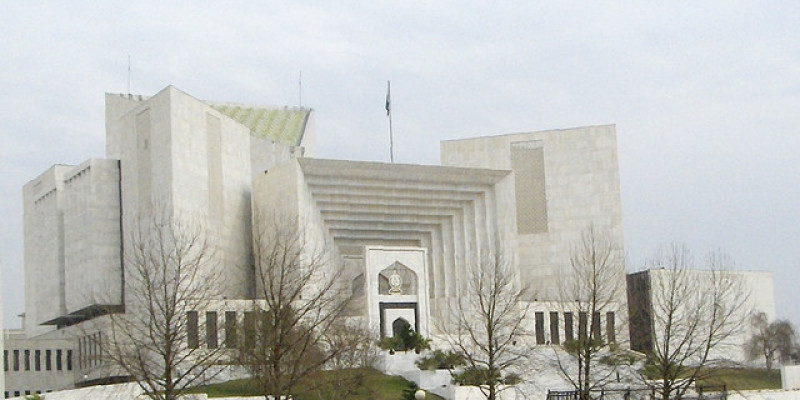
The Pakistani Supreme Court stated in a ruling issued on Wednesday that the country's blasphemy laws ought not to be misused for malicious purposes, an action that many human rights activists have lauded as a step towards reformation.
The ruling involved a case that was decided on October 7 involving Malik Mohammad Mumtaz Qadri, who shot and killed Punjab governor Salman Taseer, accusing him of committing blasphemy. Taseer had actively campaigned to reform the country's blasphemy laws and spoke out against the death sentence of Asia Bibi, a Christian woman who has been imprisoned since 2009 on allegations of blasphemy.
The three-judge panel decided to uphold the death sentence against Qadri, and stated in the ruling that calling for reform of the blasphemy law ought not to be considered as blasphemy as well, and does not justify the murderous act.
The ruling states that "any call for reform of the law regarding the offence of blasphemy ought not to be mistaken as a call for doing away with that law and it ought to be understood as a call for introducing adequate safeguards against malicious application or use of that law by motivated persons."
"Commission of blasphemy is abhorrent and immoral besides being a manifestation of intolerance but at the same time a false allegation regarding commission of such an offence is equally detestable besides being culpable," the ruling continues. "If our religion of Islam comes down heavily upon commission of blasphemy then Islam is also very tough against those who level false allegations of a crime."
Pakistan's blasphemy laws have often been abused to settle personal scores or to persecute religious minorities outside of legal measures, such as by killing and burning individuals. In one instance in late March, a mob of some 3,000 Muslims reportedly burned 100 Christian homes in Lahore's Joseph Colony because a Christian from the neighborhood was accused of blasphemy, according to the American Center for Law and Justice. The person in question was not in the area at the time.
In another instance, a Christian couple who was accused of blasphemy was burned alive by a mob of some 1,500 people in November of 2014.
"For many years, reform to the blasphemy laws was thought to be impossible because of the influence and fear of religious extremist groups in Pakistan," said William Stark, the regional manager for South Asia of International Christian Concern. "This recent judgement has opened the door for reform. Now, Pakistan as a society must take the next steps to walk through it."
Peter Jacob, the executive director for the Center for Social Justice, shared similar thoughts in that practical steps must be taken to ensure complete safety for religious minorities.
"The Supreme Court calling for reforms to the blasphemy laws is an important take away from the Mumtaz Qadri case," Jabo told ICC. "Yet, minorities and liberal section in Pakistan, who have often been the targets of the law's misuse, might have to wait for complete success until the Parliament overcomes its lethargy and indecision."

















